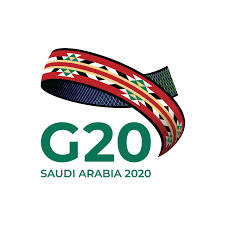According to the World Trade Organisation report on G20 trade measures like tariff increase, import ban, strict customer procedures, export duties have been introduced between mid-October and mid-May affected 2.8% of G20 trade. World Trade Organisation has also found evidence towards more open trade policies across sectors including the good, services, and intellectual property.
However, the WTO report also found evidence of steps towards more open trade policies across sectors, including goods, services, and intellectual property.
New import-facilitating measures, such as tariff reductions, the elimination of import taxes, and the reduction of export duties, covered an estimated $735.9 billion worth of trade, excluding policies relating to the pandemic.
This figure is the highest recorded since 2014 and is sharply higher than the $92.6 billion trade coverage of import-facilitating measures recorded during the previous monitoring period from May to October 2019.
“Historically high levels of trade-restrictive measures remain a source of concern, all the more so at a time when international trade and investment will be critical to rebuilding economies, businesses, and livelihoods around the world. That said, we also see some encouraging indications: not since 2014 have import-facilitating measures implemented during a single monitoring period covered more trade,” WTO director-general Roberto Azevêdo said commenting on the report.
The initial COVID-19 outbreak saw many governments introduce trade restrictions, over 90 percent of the export bans on medical products, such as surgical masks, gloves, medicine, and disinfectant. Since then, G20 economies have repealed 36 percent of these restrictions.

